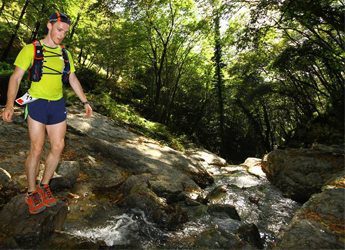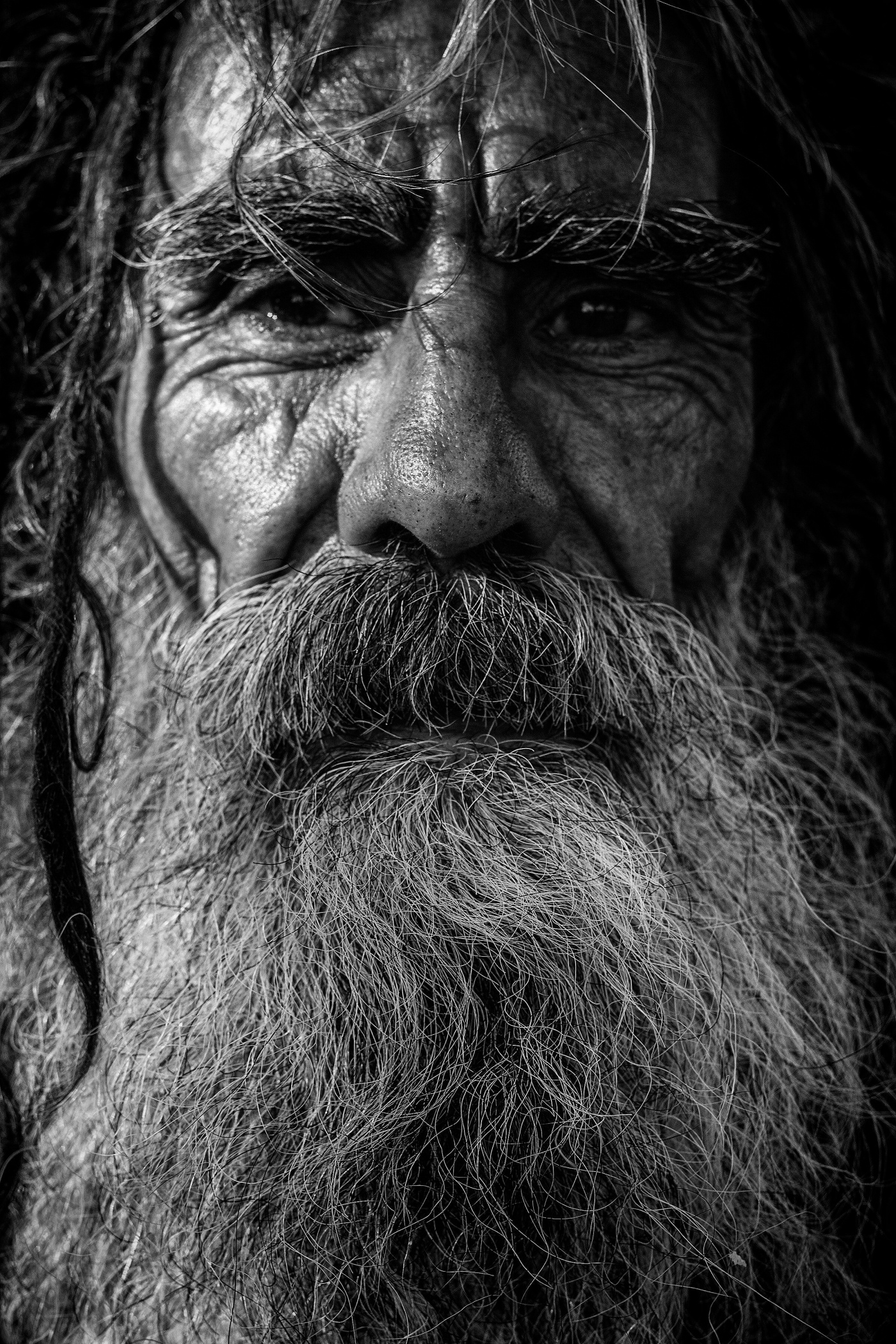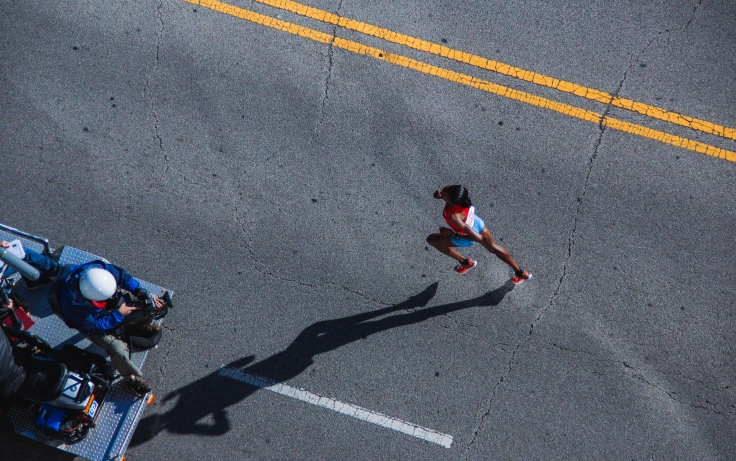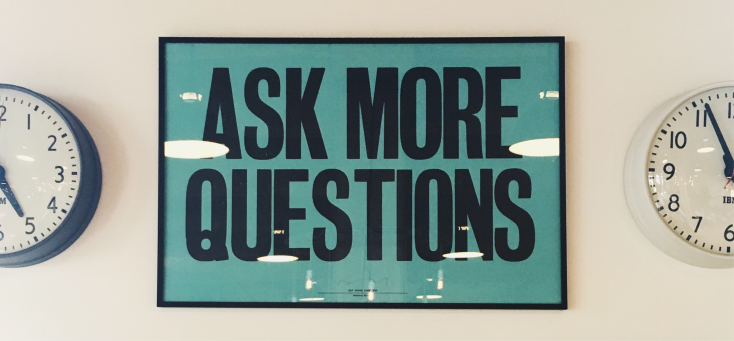
And my 5 questions Survey Have you been wondering where to direct your running efforts as your 5k and 10k times aren’t what they used to be? Good news! The age of top competitors across ultra-distances has been evolving over the ultra-decades. Just look at the legendary Cliff Young, at 61 years of age he won the 875km Sydney to Melbourne Ultramarathon. If we look at all top ten finishers between 1969-2012 across all distances, the ages of top performers are almost invariably in the ‘masters’ category:

50-100km races
The fastest women are around 34-40.
The fastest men are around 32-34.
200 to 1000km races:
The fastest women are around 42.
The fastest men are around 44-47.

Among women, the fastest 1000km ultra runners are about 7 years older than the fastest 100km runners. Among men, that difference is about 15 years. That gap seems to be gradually widening as the fastest 50km finishers are getting a little younger and ages of athletes in all other distances are staying the same or slightly increasing.
In time-limited races we see a similar trend – top performers are getting older, especially in long events like a 24-hour run. That change is not as obvious among women, possibly because there are fewer female entrants to get solid averages.
Average age of top ten fastest men in time-limited events:
6 hours – 35.
12 hours – 37.
72 hours to 10 days – 48.
Average age of top ten fastest women in time-limited events:
48 hours – 46 years.
10 days – 37 years.
The gap between men and women is falling!

Looking at over 30,000 athletes, the average performance gap between male and female finishers in all ultra-distance events has consistently fallen between 1975 and 2013. This is especially true in the 30-50 year age bracket. Take Alissa St Laurent, a 31 year-old woman who won the 125km Canadian Death Race last year, outpacing the first male home by 90 minutes. I think as we see the focus on running form and running economy increase this divide will continue to narrow, as in endurance swimming – a highly technique oriented sport.
Running Speed
Speed of the top ten runners in 50 km and 100 km events has been steadily increasing between 1969 and 2012. Not a huge surprise in general but the speed change is huge:
50km events
Women have upped their game from 10.6kph to a staggering 15.3kph (~50% faster)
Top ten fastest men from 14.3kph to an outrageous 17.5kph (~20% faster)
100km events
The fastest women were averaging 7.3kph, now they’re at 13kph (~80% faster!)
Men have raised their tempo from 10.2kph to 15.1kph (~50% faster)
Speed in longer distance events – 200km to 1000+km – haven’t really changed all that much over. That’s amazing – no big change in top performers over 40 years!
I hope that’s a confidence boost for everyone coming in to or already in the ‘masters’ athlete category (over 35). Isn’t it nice to know that your sporting career in ultra-running is only just beginning?! Keep it up, never bonk!
Let us know what age you were during your best ultra-distance performance in the comments box below!

References
Rüst CA, Zingg MA, Rosemann T, Knechtle B. Will the age of peak ultra-marathon performance increase with increasing race duration? BMC Sports Science, Medicine and Rehabilitation. 2014;6:36. doi:10.1186/2052-1847-6-36.
T Romer, CA Rüst, MA Zingg, et al. Age and ultra-marathon performance – 50 to 1,000 km distances from 1969 – 2012. Romer et al. SpringerPlus 2014, 3:693.
Knechtle, B., Valeri, F., Nikolaidis, P.T. et al. Do women reduce the gap to men in ultra-marathon running? SpringerPlus (2016) 5: 672. doi:10.1186/s40064-016-2326-y
Beat Knechtle & Christoph Alexander Rüst & Thomas Rosemann, Romuald Lepers. Age-related changes in 100-km ultra-marathon running performance. AGE (2012) 34:1033–1045 DOI 10.1007/s11357-011-9290-9

50-100km races
The fastest women are around 34-40.
The fastest men are around 32-34.
200 to 1000km races:
The fastest women are around 42.
The fastest men are around 44-47.

Among women, the fastest 1000km ultra runners are about 7 years older than the fastest 100km runners. Among men, that difference is about 15 years. That gap seems to be gradually widening as the fastest 50km finishers are getting a little younger and ages of athletes in all other distances are staying the same or slightly increasing.
In time-limited races we see a similar trend – top performers are getting older, especially in long events like a 24-hour run. That change is not as obvious among women, possibly because there are fewer female entrants to get solid averages.
Average age of top ten fastest men in time-limited events:
6 hours – 35.
12 hours – 37.
72 hours to 10 days – 48.
Average age of top ten fastest women in time-limited events:
48 hours – 46 years.
10 days – 37 years.
The gap between men and women is falling!

Looking at over 30,000 athletes, the average performance gap between male and female finishers in all ultra-distance events has consistently fallen between 1975 and 2013. This is especially true in the 30-50 year age bracket. Take Alissa St Laurent, a 31 year-old woman who won the 125km Canadian Death Race last year, outpacing the first male home by 90 minutes. I think as we see the focus on running form and running economy increase this divide will continue to narrow, as in endurance swimming – a highly technique oriented sport.
Running Speed
Speed of the top ten runners in 50 km and 100 km events has been steadily increasing between 1969 and 2012. Not a huge surprise in general but the speed change is huge:
50km events
Women have upped their game from 10.6kph to a staggering 15.3kph (~50% faster)
Top ten fastest men from 14.3kph to an outrageous 17.5kph (~20% faster)
100km events
The fastest women were averaging 7.3kph, now they’re at 13kph (~80% faster!)
Men have raised their tempo from 10.2kph to 15.1kph (~50% faster)
Speed in longer distance events – 200km to 1000+km – haven’t really changed all that much over. That’s amazing – no big change in top performers over 40 years!
I hope that’s a confidence boost for everyone coming in to or already in the ‘masters’ athlete category (over 35). Isn’t it nice to know that your sporting career in ultra-running is only just beginning?! Keep it up, never bonk!
Let us know what age you were during your best ultra-distance performance in the comments box below!

References
Rüst CA, Zingg MA, Rosemann T, Knechtle B. Will the age of peak ultra-marathon performance increase with increasing race duration? BMC Sports Science, Medicine and Rehabilitation. 2014;6:36. doi:10.1186/2052-1847-6-36.
T Romer, CA Rüst, MA Zingg, et al. Age and ultra-marathon performance – 50 to 1,000 km distances from 1969 – 2012. Romer et al. SpringerPlus 2014, 3:693.
Knechtle, B., Valeri, F., Nikolaidis, P.T. et al. Do women reduce the gap to men in ultra-marathon running? SpringerPlus (2016) 5: 672. doi:10.1186/s40064-016-2326-y
Beat Knechtle & Christoph Alexander Rüst & Thomas Rosemann, Romuald Lepers. Age-related changes in 100-km ultra-marathon running performance. AGE (2012) 34:1033–1045 DOI 10.1007/s11357-011-9290-9


